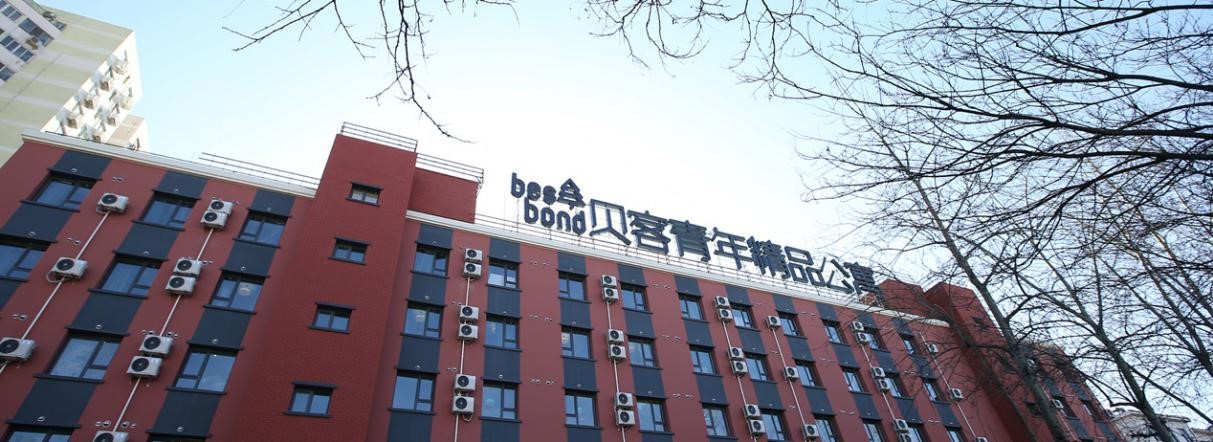Beijing-based online rental platform Ziroom has acquired apartment chain operator Bestbond, the company announced in a press release on Friday, without disclosing financial details.
Founded in 2013, Bestbond operates and rents about 6,000 rooms to about 20,000 individuals in Beijing, Shanghai, Suzhou, Xuzhou, as well as Nanjing, where its headquarters are located. Other than Ziroom, the firm is sourcing its rooms from private home owners, but companies or local governments that have entire buildings as properties at their disposal. Bestbond also runs about 40 brick-and-mortar retail stores to reach potential customers but is still less known in these cities due to its small scale, compared with other property rental companies.
Bestbond didn’t say why it sold itself to Ziroom which revealed in a press release that the deal will allow the company to enlarge its presence in the so-called “centrally-administrated apartments” sector in key cities. Ziroom was founded in 2011 by Zuo Hui, who is also chairman of online property platform Ke Holdings (NYSE: BEKE).
Ziroom now manages properties of nearly 500,000 owners in nine cities including Shenzhen and Shanghai, and rents to about 3 million tenants, according to its website. The firm, which counts SoftBank among its investors, recently launched a centrally-managed community called Ziru Li, with more than 1,500 rooms for rent, as well as shared offices and infrastructure, including convenience stores, in Guangzhou. It aims to bring “a new atmosphere to the turbulent long-term rental apartment industry.”
The acquisition of Bestbond comes at a time when its peer Danke Apartment, also known as Phoenix Tree Holdings Ltd (NYSE: DNK), has run into deep trouble. Tenants and landlords are crowding its headquarters in Beijing claiming their money back, as the company is not able to pay its suppliers and most of its employees since fast expansion and investments drained its liquidity. It is delaying rental payments to property owners, who are forcing tenants to leave. Those tenants, on the other side, mostly paid for six months or a full year in advance, backed by bank loans.
There’s hope
“Mergers and acquisitions like this have brought hope to the long-term rental apartment sector, which is cooling, indicating there are still excellent companies,” Yan Yuejin, an analyst with E-House research told KrASIA on Monday. He added that the deal shows that Ziroom’s operation is still stable.
“Where does Ziroom gets the money for the deal?” asked a home owner who rented his property in the district of Chaoyang, Beijing in 2018 under a three-year contract to the online platform, after hearing about the deal.
The property owner, who spoke to KrASIA on condition of anonymity, at the time preferred Ziroom over Danke. “Danke offered nearly RMB 10,000 (USD 1,500) per month, while Ziroom offered RMB 8,700 for my apartment,” he said. He chose Ziroom for its longer operational history, considering Danke’s proposal as “crazy.”
Ziroom later called him to lower the rent or it would terminate the contract early. He agreed to reduce his rent by about 6%, rather than calling an end to the contract which would have led to heavier losses for him or an extended legal dispute. “I am not sure whether I will rent my property to Ziroom again,” he said.
